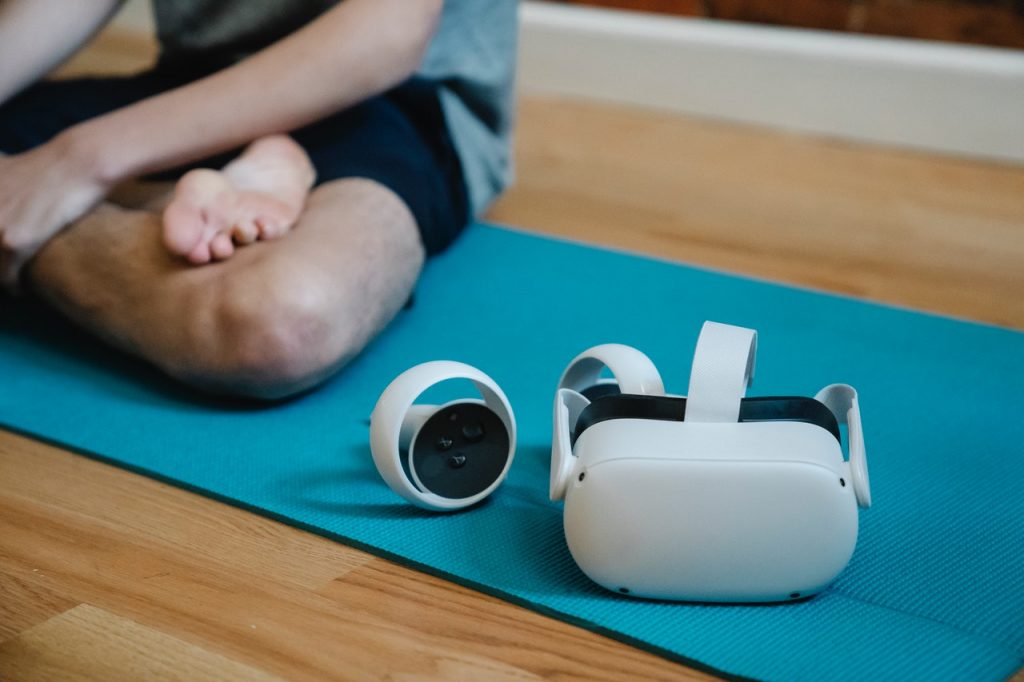
More and more research shows that the applications of virtual reality go well beyond entertainment. Now, a study published by researchers from Tohoku University’s Smart-Aging Research Center (IDAC) suggests that virtual reality training can improve mental well-being.
The study draws on previous research into the acute cognitive and neural benefits of virtual training. The Tohoku University researchers asked young healthy subjects to experience a 30-minutes-long virtual running training session while sitting still.
The researchers measured a crucial biomarker indicating the levels of neuroendocrine stress, and the participants completed a subjective questionnaire for anxiety.
Both of these assessment methods showed a decreased psychosocial stress response and lower levels of anxiety after the virtual training. Real training has similar stress- and anxiety-reducing effects,
“Psychosocial stress represents the stress experienced in frequent social situations such as social judgment, rejection, and when our performances get evaluated,” explains Assistant Professor Dalila Burin, who lead the study.
These findings are important because they highlight the therapeutic potential of virtual reality. For many people, real exercise is not feasible for a variety of different reasons. With virtual reality training, these people could enjoy at least some of the numerous benefits of physical exercise without actually moving.
“This kind of virtual training represents a new frontier, especially in countries like Japan, where high-performance demands and an aging population exist,” adds Burin.
She also points out that repeated and increased exposure to stress can be detrimental to our health. Young children, for example, are spending more time in virtual reality every year, and we still don’t know much about the long-term effects of extensive VR use.
